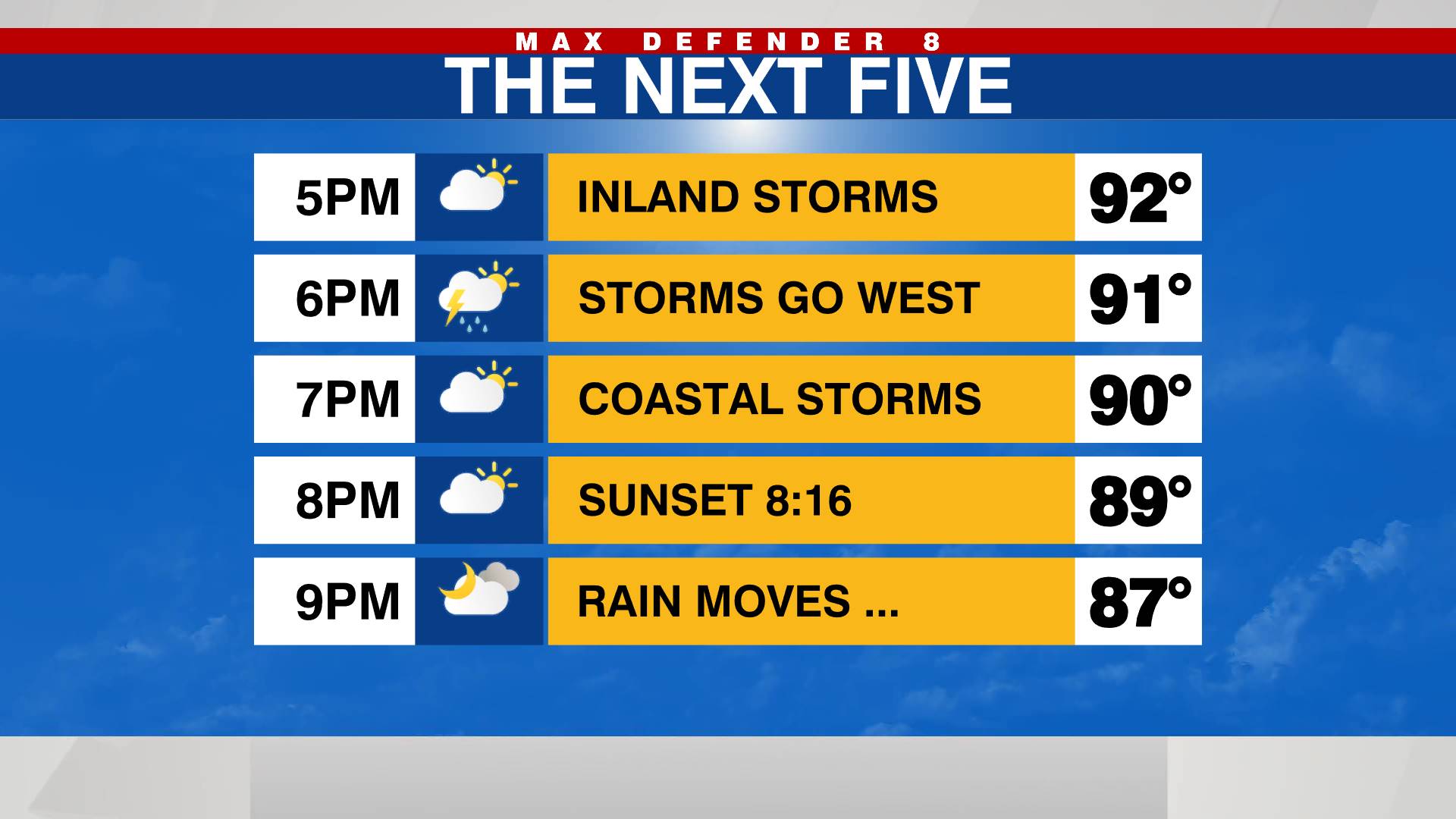REDINGTON BEACH, Fla. (WFLA) – When two pilot whales that beached themselves on Redington Beach on Monday were loaded on a boat to be released, David Yates, the CEO of the Clearwater Marine Aquarium, described the operation as very delicate.

“We’re not cheering yet. It’s a very sensitive time right now. These animals are very sensitive to stress,” said Yates. “So anytime you do a release and they’re in the care of people traveling in boats and vans, that can be stressful.”
The two whales were part of a pod of five whales that stranded themselves Monday morning on Redington Beach. Three of the whales were healthy enough to release right away.
Two others needed a bit of attention. After a few days of care, they were ready to go back into the wild Thursday.
The plan was to transport the two whales – called “A” and “B” – about 20 miles off the coast and release them.
The rescue group returned to the Anclote River Park around 1 p.m. with good news: The plan was successful.
Yates was joined by Dr. Erin Fougeres with the National Oceanic and Atmospheric Administration, the organization that coordinates the rescue of stranded sea life.
“Everything went extremely well. I will say having four days of working with pilot whales is very difficult work,” said Yates. “It really could not have gone better today. A lot of times these things don’t go as well as they did today.”
Fougeres says pilot whale strandings are not as uncommon as you might think.
“We have pilot whale mass strandings quite often, unfortunately,” said Fougeres. “In the southeast, we’ve had 24 since 1991.”
What makes this unique is the fact that all five stranded animals have now been released.

“This is only the second time we’ve released from a stranding scene,” said Fougeres. “The first time was down in the Keys in 2011. We released two pilot whales around the time of the stranding.”
Scientists are monitoring the whales’ movement via GPS monitors. The first three released from the stranding site are still heading west towards deep Gulf of Mexico waters, and that is where they should be headed. The rescuers are hopeful the two released Thursday will follow a similar path.














